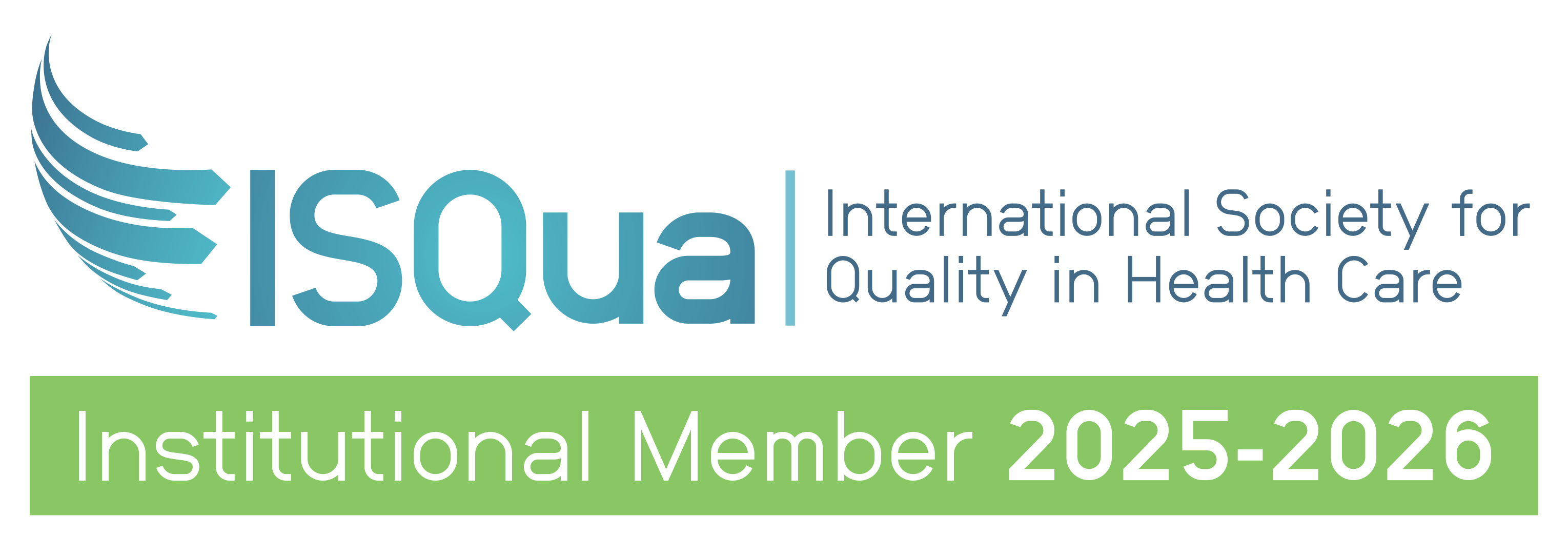
Member Spotlight with Canberra Microsurgery CEO Gabby Moreland
Having worked in organisations accredited by ACHS for the last 25 years, Canberra Microsurgery’s Gabby Moreland understands the benefit of accreditation assessments by ACHS very well.
1. How long have you been in your role as CEO at Canberra Microsurgery?
I have been the CEO of Canberra Microsurgery since 2013, when it opened, and prior to this was the CEO for another Ophthalmic day surgery, so have been in leadership roles for 20 years. There are constant changes working in health, so I’m always learning, particularly with the changes in technology.
2. How long has Canberra Microsurgery been accredited by ACHS?
We have been accredited since 2013, and prior to this, the other Ophthalmic day surgery was also accredited by ACHS, so I think I’ve been through ACHS accreditations going back to EQuIP3 in 1996 – 25 years ago!
3. What is your role during the accreditation assessment?
I take a very active role as well as being the CEO, I manage Safety and Quality. As a day surgery, everyone wears multiple hats, and under Quality I look at each audit. The whole team is involved, and with different areas of expertise they all participate. During assessment, each team gets their time in the spotlight. I do tend to stay in the background for support. Much of safety and quality depends on the day-to-day efforts, so while I’m conscious of assessments, it doesn’t really phase me.
4. What changes have you noticed over time in how the accreditation process unfolds?
I believe the ART reporting tool is much better than EAT. It really does minimise duplications and reporting has become more concise. The assessors appreciate having more concentrated data sets to review.
5. What is your tip to a smooth accreditation assessment?
You have got to keep the team involved in the process all along. It settles their nerves as they are mentally prepared for the assessment and they have the confidence to reply to questions. And, if they don’t know the answer to a specific question, they know where to go to get the information. As an organisation, quality is in everyone’s interest. It is best to get it right from the start.
When I’ve spoken to other, similar organisations, people sometimes forget this. They may feel intimidated or a bit defensive, but they usually know their area of work, so it shouldn’t be an issue. Assessors have experiences they wish to share, and that can be beneficial for everyone.
6. Is there anything in particular you learnt from the last assessment?
There were two things. Firstly, there were lots of ideas provided by the assessors – (and no recommendations, which was wonderful!). And secondly, due to COVID, the assessors were local, and it was really nice to have someone from your local area who understands your community and the Standards well.
7. Are there any memorable stories you’ve had from any accreditation assessments or, impressions that have stayed with you from the assessors?
Not really, but I have always found the lead-up to an assessment focuses your organisation on what you are doing, and it’s important to either make changes, or investigate why something is happening and for what reason.
Each assessment has been quite different to the last, and all the assessors are different, so you are usually learning new approaches.
8. What has been one of the more notable improvements in quality and safety in recent years? And what or to whom do you attribute this to?
The day hospital sector has been recognised as an evolving one and it continues to grow. This was particularly noticeable during the EQuIP4 period, in terms of the outcomes in the standards for day surgeries. Day Hospitals are quite specialised which allows you to develop your staff and provide an excellent service.
Although the clinical indicators for Day Hospitals are excellent, I believe there is a mismatch between outcomes for accreditation and two areas; ‘Governance’ and ‘Partnering with Consumers’. This highlights an area for ongoing work to better align the NSQHS standards with the Day Hospital sector.
9. What is one of the changes occurring in microsurgery that most people wouldn’t be aware of?
There is a piece of technology that we are working towards, a software platform that links our operating theatres at Canberra Microsurgery with surgeons’ consulting rooms. This allows them to complete their surgical planning offsite and that data can be imported, without change, which will minimise potential human errors in the manual input of data.
10. Is there anything you’d done differently as a CEO during COVID-19?
It has been a very difficult period for our staff, as it has been everywhere, there is an anxiety level for everyone we are all learning to manage new aspects in our lives such as lockdowns. I am currently studying a leadership course in a different area – mindfulness. It is very important to remain mindful, manage teams mindfully and minimise external stressors. It is a good daily discipline.

